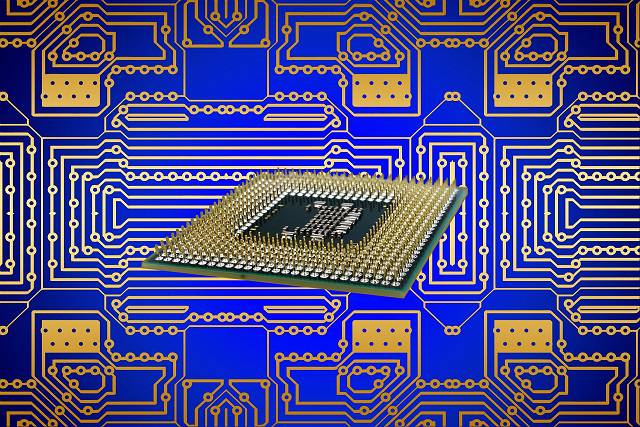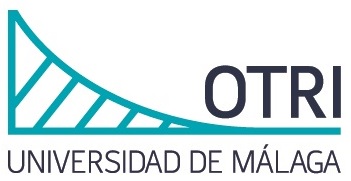HIGH FREQUENCY ELECTRONIC NOSE
Description
An “electronic nose” is an instrument that can smell, that is, it is capable of performing qualitative and quantitative analysis of a mixture of gases, vapors and odors. An "electronic nose" is, therefore, an artificial smell instrument that makes it possible to distinguish and recognize different gases, as well as their concentrations, basing its operation on gas sensors.
Among gas sensors, those based on Metal Oxide Semiconductor (MOS) technology have a wide diffusion due to their low price and great sensitivity. However, "electronic noses" based on MOS sensors present certain limitations, the main one being the slow measurement cycle, that is, between consecutive measurements it requires an excessive recovery time (of the order of 1 minute). Thus, the present invention refers to an electronic nose that comprises a set of redundant blocks of MOS gas sensors that alternate in the aspiration of the air to be smelled, in such a way that while one sensor block performs the measurement, the others aspirate clean air in order to force the rapid recovery of olfactory sensitivity. This alternation allows to obviate the long recovery times of the MOS sensors, providing a much faster odor measurement system. Each block is housed in a different chamber and comprises a set of sensors sensitive to various volatile substances, so that, in addition to concentrations, a wide variety of odors can be recognized.
Advantages
The great advantage that differentiates this new olfactory nose compared to the existing ones on the market is its speed, since it is capable of carrying out more measurements per minute, without the need to wait for the sensors to recover.
Uses and Applications
This technology is conceived to solve the problem of carrying out quantitative and qualitative analysis of gas, vapor and odor mixtures, being of great interest for the chemical industry, olfactory tastings and the component manufacturing industry that require rapid measurement cycles.
Keywords
Sectors
Areas
Patent Number
ES2380472B1
Applicants
UNIVERSIDAD DE MÁLAGA
Inventors
ANTONIO JAVIER GONZALEZ JIMENEZ, JAVIER GONZALEZ MONROY, JOSE LUÍS BLANCO CLARACO, FRANCISCO MANUEL GARCIA VACAS
Filing Date
13/10/2010
Protection Level: National (Spain)
Processing Status: Spanish patent








